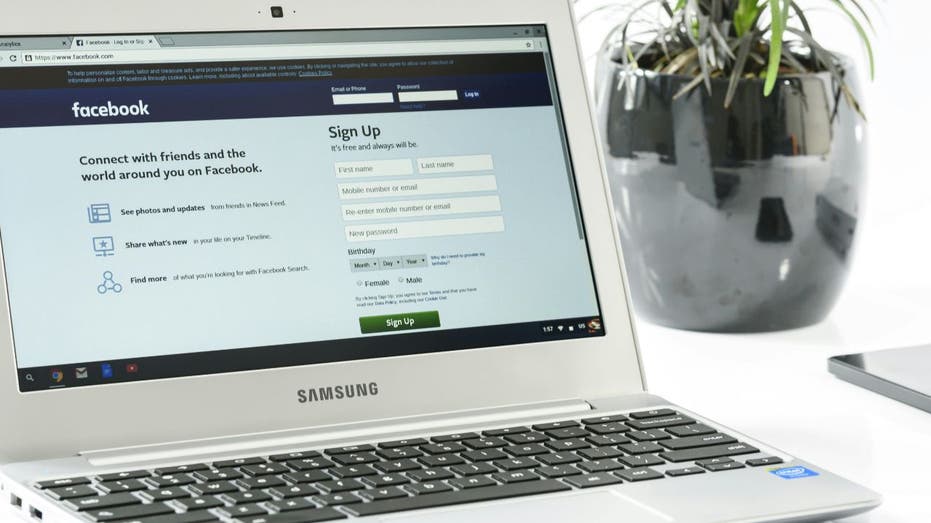- by foxnews
- 23 May 2025
Meta faces increasing scrutiny over widespread scam ads
Meta's platforms are under scrutiny for allowing scam ads, with reports of fraud linked to Zelle transactions. Critics question Meta's commitment to user safety.
- by foxnews
- 23 May 2025
- in technology

Meta, the parent company of Facebook and Instagram, is under fire after a major report revealed that thousands of fraudulent ads have been allowed to run on its platforms.
According to the Wall Street Journal, Meta accounted for nearly half of all scam complaints tied to Zelle transactions at JPMorgan Chase between mid-2023 and mid-2024.
"What sucks is we have to break it to people that they've been scammed. We don't even do online sales," Guzman told reporters.
Meta says it's fighting back with new technology and partnerships, including facial-recognition tools and collaborations with banks and other tech companies. A spokesperson described the situation as an "epidemic of scams" and insisted that Meta is taking aggressive action, removing more than 2 million accounts linked to scam centers in several countries this year alone.
However, insiders tell a different story. Current and former Meta employees say the company has been reluctant to make it harder for advertisers to buy ads, fearing it could hurt the company's bottom line. Staff reportedly tolerated between eight and 32 fraud "strikes" before banning accounts and scam enforcement was deprioritized to avoid losing ad revenue.
Staying safe online takes a little extra effort, but it's well worth it. Here are some steps you can follow to avoid falling victim to scam ads.
1. Check the source and use strong antivirus software: Look for verified pages and official websites. Scammers often copy the names and logos of trusted brands, but the web address or page details may be off. Always double-check the URL for slight misspellings or extra characters and avoid clicking links in ads if you're unsure about their legitimacy.
2. Be skeptical of deals that seem too good to be true: If an ad offers products at an unbelievable price or promises huge returns, pause and investigate before clicking. Scammers often use flashy discounts or urgent language to lure people in quickly. Take a moment to think before you act, and remember that if something sounds impossible, it probably is.
3. Research the seller: Search for reviews and complaints about the company or individual. If you can't find any credible information, it's best to avoid the offer. A quick online search can reveal if others have reported scams or had bad experiences, and legitimate businesses usually have a track record you can verify.
5. Never share sensitive information: Don't enter your credit card or bank details on unfamiliar sites. If you're asked for personal information, double-check the legitimacy of the request. Scammers may ask for sensitive data under the guise of "verifying your identity" or processing a payment, but reputable companies will never ask for this through insecure channels.
7. Report suspicious ads: If you see a scam ad on Facebook or Instagram, report it using the platform's tools. This helps alert others and puts pressure on Meta to take action. Reporting is quick and anonymous, and it plays a crucial role in helping platforms identify patterns and remove harmful content.
8. Monitor your accounts: Regularly check your bank and credit card statements for unauthorized transactions, especially after making online purchases. Early detection can help you limit the damage if your information is compromised, and most banks have fraud protection services that can assist you if you spot something suspicious.
By following these steps, you can better protect yourself and your finances from online scams. Staying alert and informed is your best defense in today's digital world.
The mess with scam ads on Meta's platforms shows why it's important to look out for yourself online. Meta says it's working on the problem, but many people think it's not moving fast enough. By staying careful, questioning suspicious offers and using good security tools, you can keep yourself safer. Until the platforms step up their game, protecting yourself is the smartest move you can make.
Follow Kurt on his social channels:
Answers to the most-asked CyberGuy questions:
New from Kurt:
Copyright 2025 CyberGuy.com. All rights reserved.
- by foxnews
- descember 09, 2016
United Airlines flight returns to Hawaii after concerning message found on bathroom mirror; FBI investigating
United Airlines Flight 1169 to Los Angeles returned to Hawaii after a "potential security concern" aboard the plane. The FBI and police are investigating.
read more




